
South Africa, celebrated for its rich culture and breathtaking landscapes, offers a wide range of living conditions that can greatly impact the cost of living. If you’re in the vibrant cities of Johannesburg and Cape Town or enjoying the serene countryside, the amount needed for a comfortable and enjoyable life can differ significantly. So, how much should you budget to ensure a fulfilling lifestyle in this diverse country?
Key Takeaways
- Regional Cost Differences: Living expenses vary widely across South Africa. Johannesburg and Cape Town tend to be more expensive compared to Pretoria and Durban.
- Wage Impact: With wages often lower in relation to living costs, careful budgeting is crucial for both locals and newcomers.
- Savings Through Sustainability: Investing in solar generators can lower energy costs and help alleviate load-shedding, offering both a cost-effective and environmentally friendly solution.
About Arcadia Finance
Obtain your loan easily through Arcadia Finance. We offer no application fees and provide a choice of 19 reputable lenders, all compliant with South Africa’s National Credit Regulator standards. Experience a seamless process and reliable choices that are customized to your financial requirements.
What is the Average Cost of Living in South Africa?
South Africa is known for its varied landscapes and lively culture, but the cost of living can differ greatly across its major cities. Understanding these differences is essential for anyone planning to relocate or budget for life in this diverse country. On average, a family of four in South Africa needs about R37,302.80 per month to cover basic living expenses, though this amount can vary depending on the city. Here’s a detailed look at how living costs differ across key urban areas:
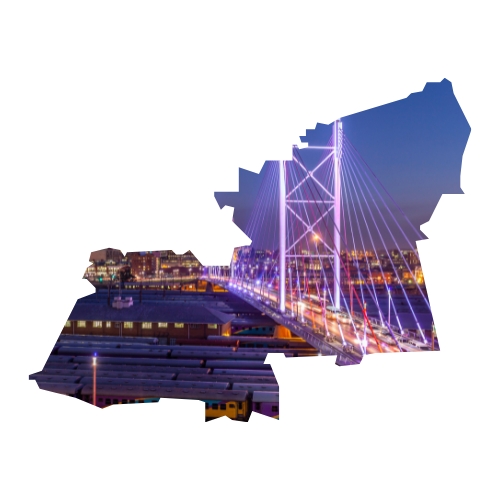
Johannesburg
In Johannesburg, one of South Africa’s largest and most vibrant cities, a family of four can expect to spend approximately R41,316.70 per month on essentials such as food, utilities, and transportation. This amount does not include housing costs, which typically range from R11,565.17 to R13,369.57 for a three-bedroom apartment, depending on its proximity to the city centre. Rentals in the city centre tend to be higher.
For individuals living in Johannesburg, the estimated monthly cost is around R11,878.80. Renting a one-bedroom apartment adds between R6,079.38 and R7,324.00 to monthly expenses. The high living costs reflect Johannesburg’s role as a major economic hub with a bustling lifestyle.
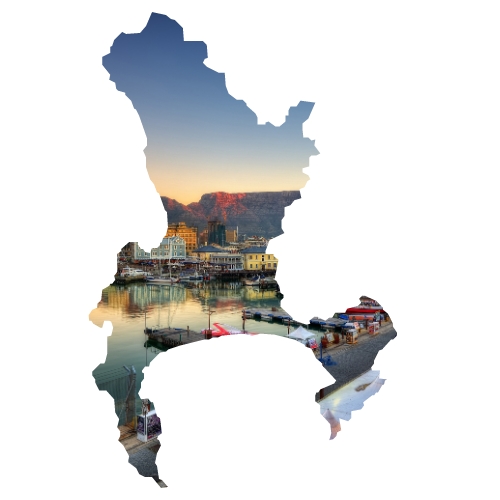
Cape Town
Cape Town, renowned for its stunning scenery and cultural vibrancy, is the most expensive city in South Africa. Despite having a slightly lower overall cost of living compared to Johannesburg, Cape Town’s rental prices are notably higher. A family of four in Cape Town spends roughly R38,128.30 each month on general living expenses. Renting a three-bedroom apartment ranges from R15,921.88 to R25,129.03, reflecting the city’s premium real estate market.
For single residents, the monthly cost of living in Cape Town is estimated at R10,877.40, with rental costs for a one-bedroom flat ranging between R8,002.94 and R12,054.05. These figures highlight Cape Town’s status as a desirable but costly place to live, driven by its high quality of life and appealing amenities.
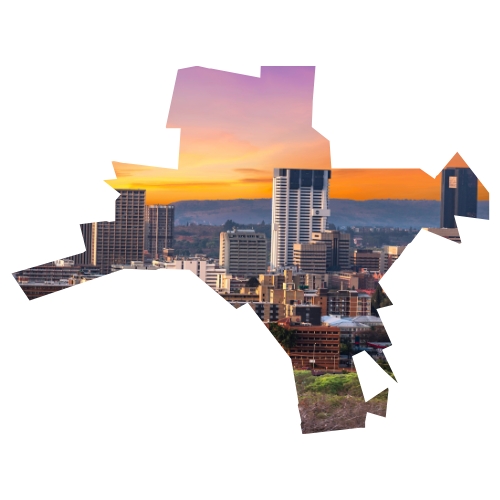
Pretoria
Pretoria, the administrative capital of South Africa, is a more affordable option compared to Johannesburg and Cape Town. A family of four in Pretoria can expect to spend around R37,312.00 per month on living expenses. Rent for a three-bedroom apartment typically ranges from R11,650.00 to R12,315.79. Pretoria offers more affordable rental prices, especially in the city centre, which contrasts with the trend in other cities.
For a single person in Pretoria, the estimated monthly cost of living is R10,770.40, with rental prices for a one-bedroom apartment ranging between R6,064.71 and R7,111.11. Pretoria’s lower cost of living and its role as a city with significant administrative functions make it an attractive choice for those seeking a more budget-friendly lifestyle.
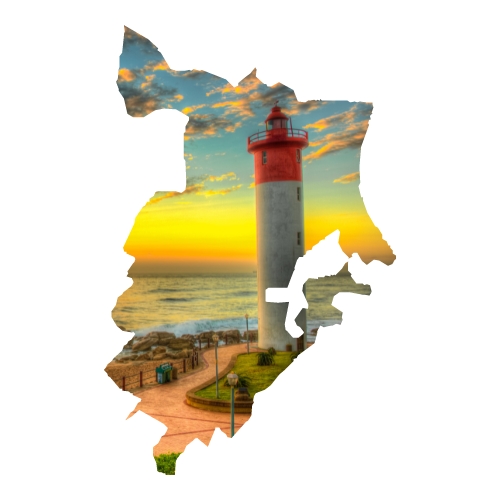
Durban
Among the cities examined, Durban is the most cost-effective. Families of four in Durban generally spend about R35,035.90 per month on living expenses. Renting a three-bedroom apartment in Durban ranges from R11,000.00 to R11,944.44, making it more affordable than in Johannesburg or Cape Town.
Single residents in Durban have an estimated monthly expenditure of R10,421.70, with additional rental costs for a one-bedroom apartment ranging from R5,682.35 to R6,250.00. Durban’s lower living costs and rental prices reflect its more relaxed lifestyle and less intense cost pressures compared to its larger counterparts.
Each city in South Africa offers a unique mix of living costs and lifestyle benefits. By understanding these variations, individuals can better plan their relocation or budget to suit their personal and financial needs.
Understanding what constitutes a ‘comfortable’ income in South Africa? Our detailed breakdown of income averages by age across different sectors can provide you with a clearer picture of what to expect and how to plan your career and financial growth.
Wages and Salaries in South Africa
A substantial portion of the South African workforce still earns relatively low wages. The average disposable income in South Africa is R175,942 per year, which is considerably below the OECD average of R510,036.
The South African government conducts an annual review of the National Minimum Wage. Currently, it is set at R21.69 per hour for most employees, amounting to R867.60 for a standard 40-hour work week.
Housing Costs in South Africa
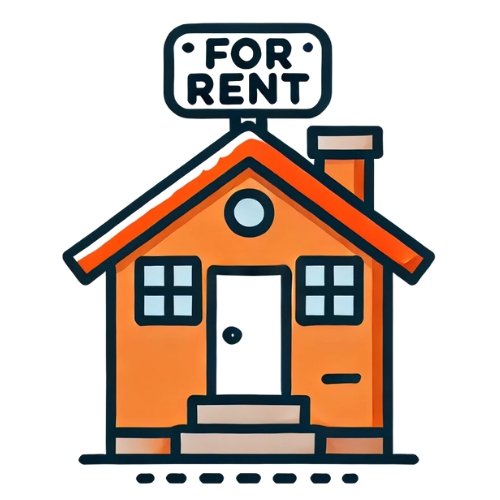
Rental Costs in South Africa
Renting a home in South Africa can be relatively affordable for expatriates living in suburban areas. However, rental prices can vary significantly if you opt for a central city location. For example, a one-bedroom apartment in central Johannesburg typically costs between R4,000 and R11,000 per month, whereas a suburban flat generally costs less than R8,000 per month. The cost of renting or buying property is heavily influenced by location; a three-bedroom house in or around Johannesburg ranges from R8,500 to R30,000.
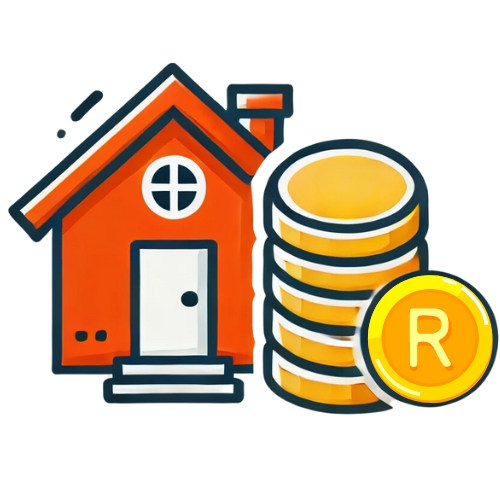
Property Prices in South Africa
Property prices in South Africa are notably lower than in most European countries, North America, Australia, and much of Asia. Foreign nationals can purchase property in South Africa with minimal restrictions, provided the property is classified as non-residential for tax purposes. Even if you live in the country full-time, you will be liable for capital gains tax upon selling. In Johannesburg, the average asking price for a home is R1,370,000, while the typical sale price is R1,050,000. According to Numbeo, the cost per square metre is R14,136 in the city centre and R11,983 in suburban areas.
For many, home ownership is a significant part of living comfortably. Our detailed guide on transfer fees and property costs in South Africa helps prospective homeowners understand the financial implications and plan accordingly.
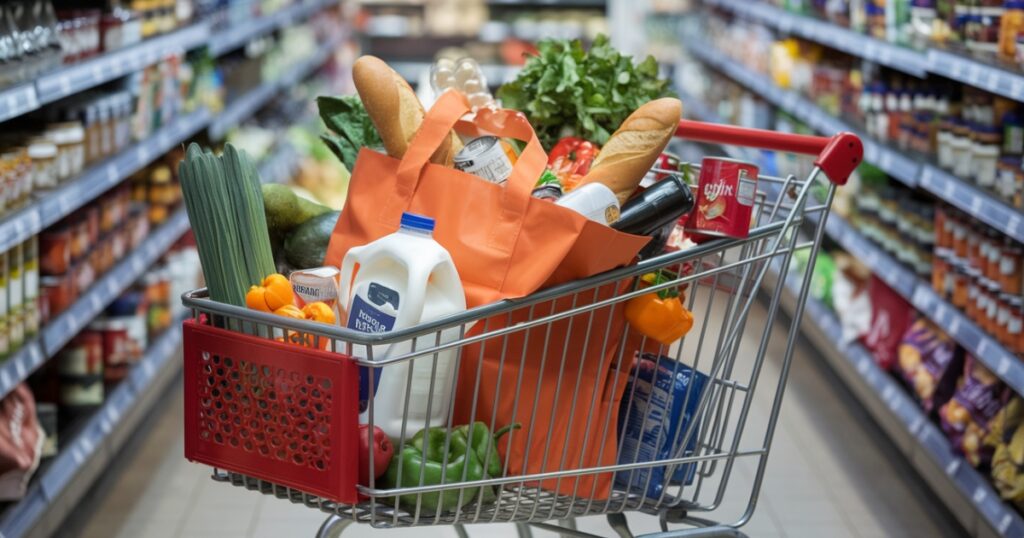
Food and Drink Costs in South Africa
In South Africa, grocery costs vary widely depending on income levels. The Bureau for Food and Agricultural Policy (BFAP) estimates that a ‘moderate-cost healthy food basket,’ which includes essentials such as staple foods, proteins, fruits, and vegetables, costs approximately R3,618 per month.
Here are some typical prices for common grocery items, as reported by Numbeo:
- One litre of milk: R16
- Loaf of fresh white bread: R14
- One kilogram of rice: R26
- One kilogram of apples: R23
Dining Out in South Africa
Dining out in South Africa is generally more affordable compared to many other global destinations, though costs can vary depending on the type of venue. Upscale restaurants in major cities often charge premium prices. On average, a meal at a budget restaurant costs around R150, while a fast food meal is approximately R60.
Coffee Costs in South Africa
In most South African cities, a cappuccino costs around R29. This is about a third of the price you would pay in London or Paris and is also cheaper than in neighbouring Botswana and Zimbabwe. The price is comparable to that in Windhoek, Namibia.
Alcohol Prices in South Africa
If you like to have a drink with your meal, a half-litre of domestic beer will cost approximately R30, while a 33cl bottle of imported beer will set you back around R40. Wine at restaurants can be significantly more expensive, often up to three times the cost found in supermarkets. In the Western Cape, where wine production is prominent, prices tend to be higher.
In supermarkets, alcohol prices are more reasonable. A bottle of wine generally costs R75, while beer ranges from R12 to R45.
Living comfortably starts with budgeting correctly, and knowing how much tax is deducted from your salary is a key step. Find out What is PAYE (Pay As You Earn) in South Africa? to better plan your lifestyle expenses.
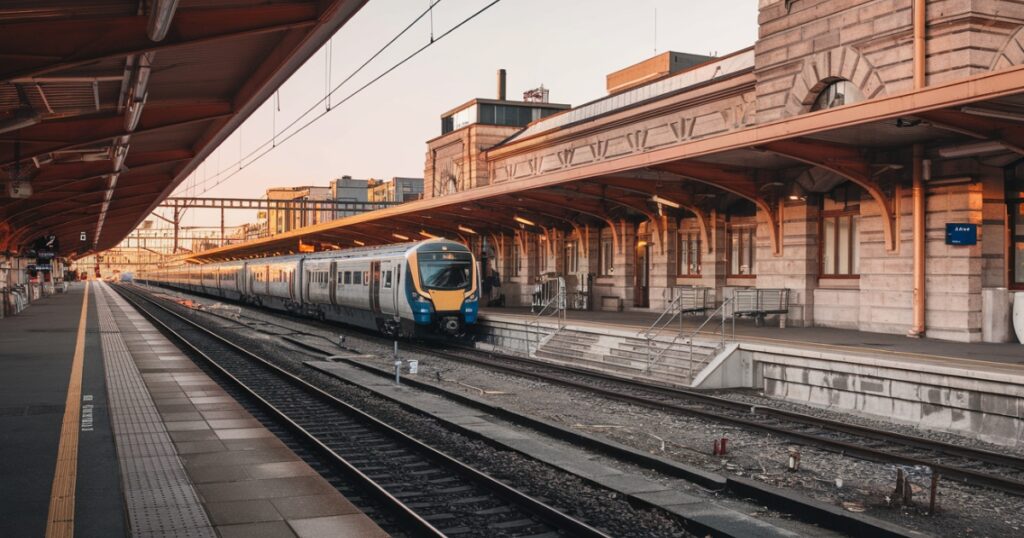
Transportation
In South Africa, transportation typically makes up around 10% to 16% of monthly expenses, making it a significant cost, though generally less than rent and more than utilities.
Transportation costs are relatively consistent across the country. For example:
- A single bus or train ticket costs about R20.00 (USD$1.05).
- A 1km taxi ride is approximately R15.00 (USD$0.79).
- A litre of petrol costs R23.28 (USD$1.22) in Cape Town.
In Bloemfontein, these costs are slightly lower:
- A one-way bus or train ticket is around R14.00 (USD$0.73).
- A 1km taxi ride costs R12.00 (USD$0.63).
- A litre of petrol is priced at R22.50 (USD$1.18).
The cost of purchasing a new vehicle ranges from R200,000 to R606,000 (USD$10,494.16–$31,797.30), with only minor regional differences.
The cost of living is a key factor in happiness. While some provinces offer higher salaries, others provide a lower cost of housing, utilities, and daily expenses. But where do residents truly feel the happiest? Check out the Happiest Provinces in South Africa and find out how financial well-being plays a role in overall life satisfaction.
Leisure Activities in South Africa
In South Africa, people typically allocate around 6% of their monthly budget to leisure activities, with these costs being fairly stable throughout the country. For example, in Cape Town, a cinema ticket costs R107.00, and a monthly gym membership is R660.94. In Bloemfontein, however, a movie ticket is priced at approximately R100.00, while a monthly fitness club membership is R525.00.
Breakdown of Costs to Live Comfortably in South Africa
Living comfortably in South Africa involves managing various expenses that together form the overall cost of living. This overview will detail typical costs for housing, food, transportation, and other essential factors across different cities, providing a clear picture of the financial requirements for a comfortable lifestyle in this diverse nation.
| Category | Details |
|---|---|
| Housing Costs | – Johannesburg: R11,565 – R13,370 |
| – Cape Town: R15,922 – R25,129 | |
| – Pretoria: R11,650 – R12,316 | |
| – Durban: R11,000 – R11,944 | |
| Food and Drink Costs | – Groceries: ~R3,618/month |
| – Dining Out: Budget meals ~R150, Fast food ~R60 | |
| – Local beer: R30, Cappuccino R29 | |
| Transportation Costs | – Public Transport: ~R20/ticket |
| – Petrol: R23.28/litre (Cape Town) | |
| – Vehicle Purchase: R200,000 – R606,000 | |
| Utilities and Miscellaneous | – Electricity and Water: Varies, a few hundred Rand/month |
| – Internet and Mobile: R700 – R1,000/month | |
| Leisure Activities | – Cinema: ~R107, Gym: ~R661 (Cape Town) |
| Healthcare | – Budget for insurance/emergency funds |
| Education | – Consider costs for schooling and university |
So, How Much Do You Need to Comfortably Live in South Africa?
To live comfortably in South Africa, the total monthly costs including housing, food, transportation, utilities, and leisure differ significantly by city:
- Johannesburg: Approximately R41,316.70, not including high-end leisure activities.
- Cape Town: Around R38,128.30, reflecting higher rental prices but similar lifestyle costs.
- Pretoria: About R37,312.00, benefiting from more affordable housing and living expenses.
- Durban: Approximately R35,035.90, making it the most cost-effective option among the major cities.
These figures provide a general baseline but may increase depending on personal lifestyle choices and family size.
Conclusion
Residing in South Africa comes with many advantages, such as beautiful landscapes, a pleasant climate, and rich cultural diversity. Although the cost of living is relatively low, it’s important to note that wages might also be modest. Therefore, understanding the financial requirements is essential for effective budgeting.
Frequently Asked Questions
The average monthly cost of living in South Africa varies by city. For a family of four, it typically ranges from R35,035.90 in Durban to R41,316.70 in Johannesburg, with costs in Cape Town and Pretoria falling between these figures.
Rental prices differ significantly by city. Johannesburg and Cape Town are among the most expensive, with three-bedroom apartments costing between R11,565.17 and R25,129.03. Pretoria offers more affordable options, while Durban is the most cost-effective city for rentals.
Grocery prices include essentials like milk, which costs around R16 per litre, and bread at R14 per loaf. Dining out is relatively affordable, with meals at budget restaurants costing about R150, and fast food meals around R60.
Transportation costs are relatively consistent, with single bus or train tickets costing about R20. Petrol is approximately R23.28 per litre in Cape Town. The cost of purchasing a new vehicle ranges from R200,000 to R606,000.
Adopting a sustainable lifestyle, such as using solar generators, can reduce living costs by lowering energy expenses and mitigating the impact of load-shedding outages. This approach not only reduces your carbon footprint but also offers long-term financial savings.
Fast, uncomplicated, and trustworthy loan comparisons
At Arcadia Finance, you can compare loan offers from multiple lenders with no obligation and free of charge. Get a clear overview of your options and choose the best deal for you.
Fill out our form today to easily compare interest rates from 19 banks and find the right loan for you.


